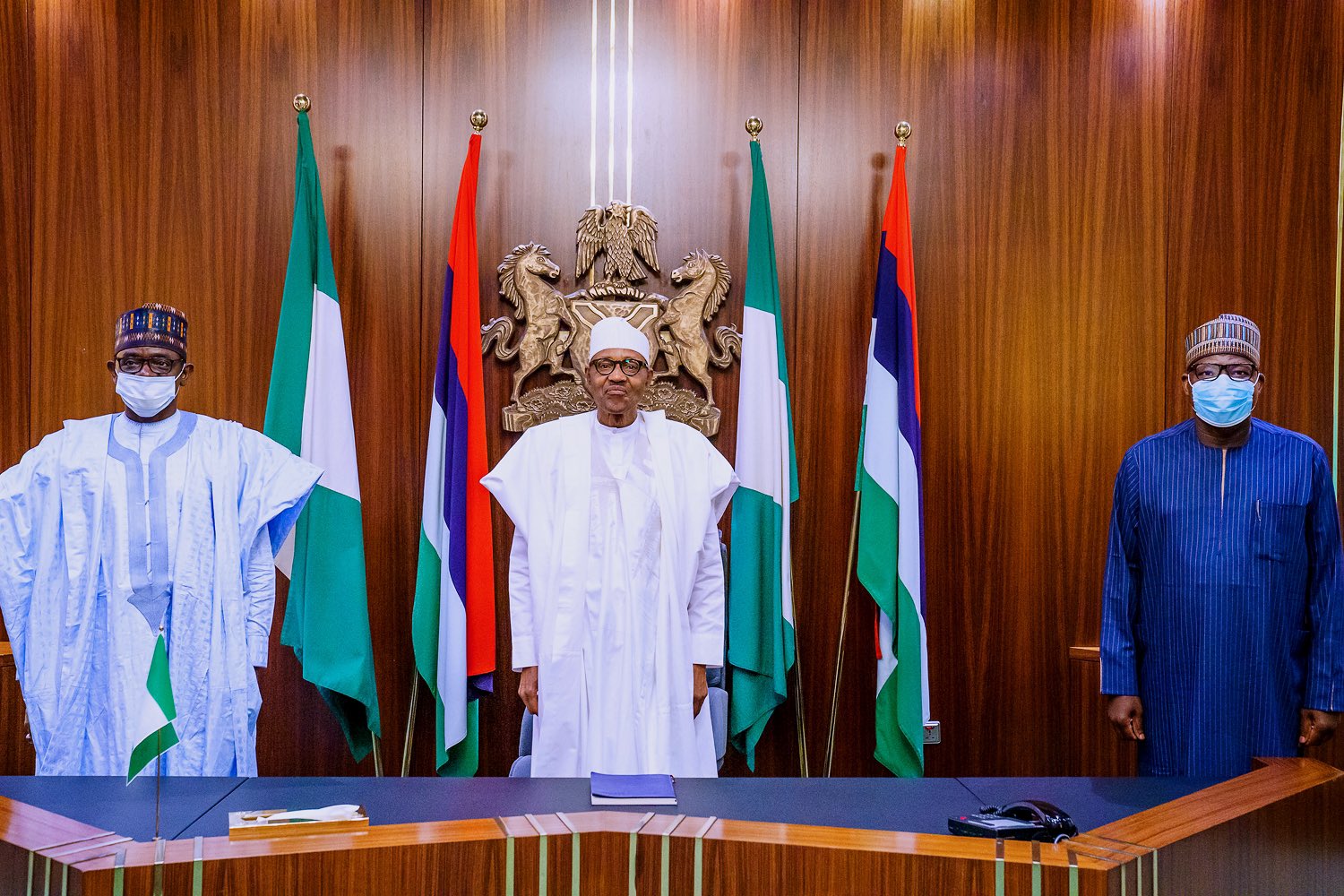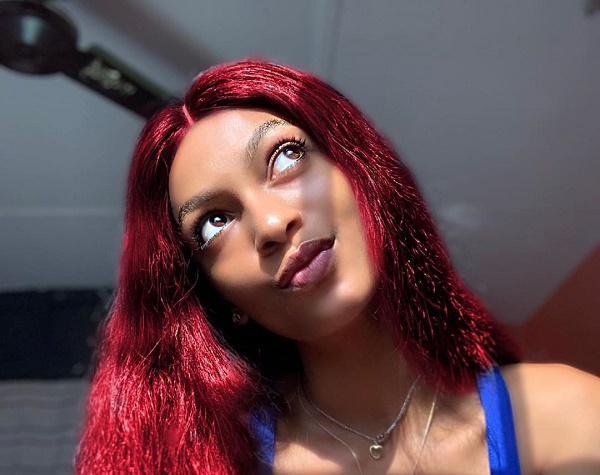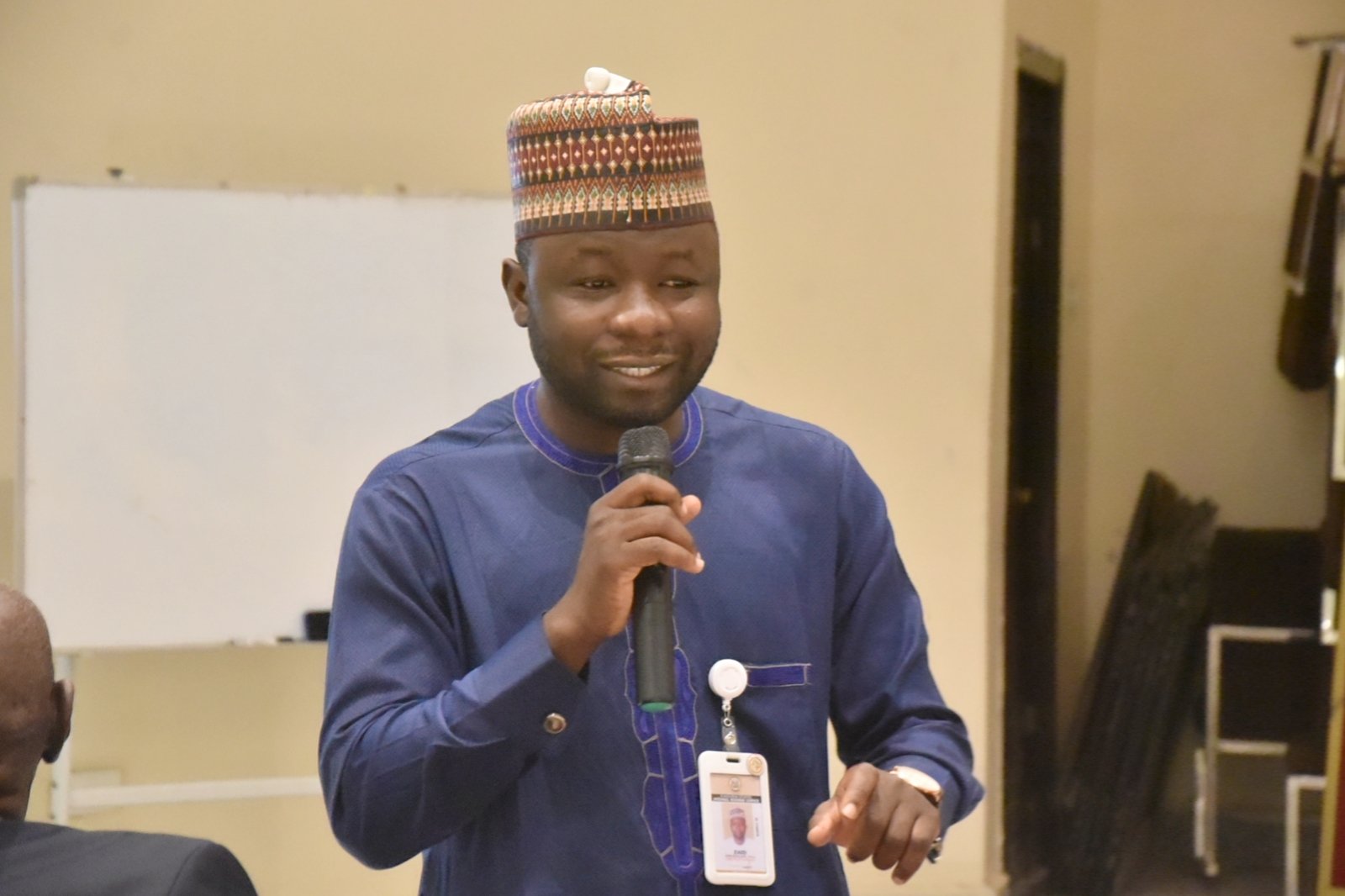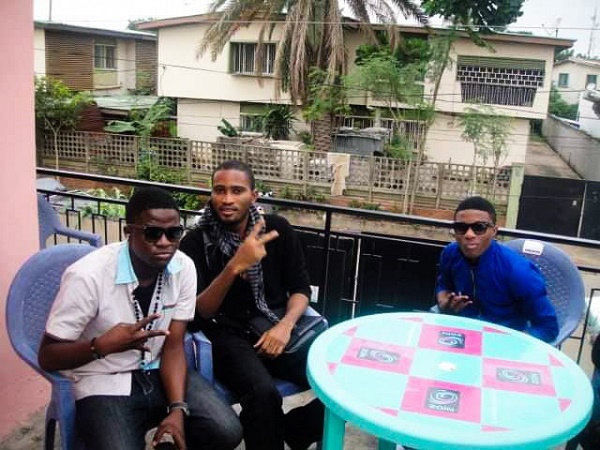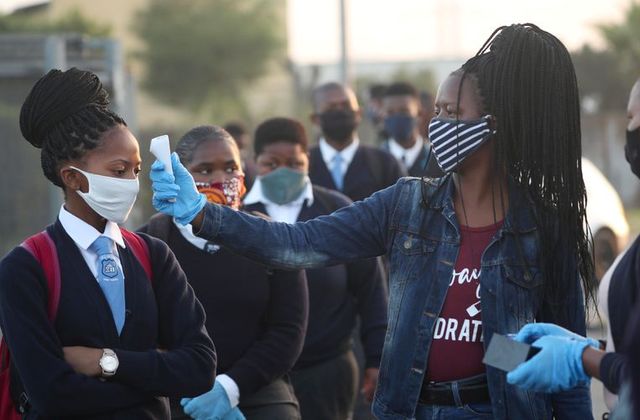Morenike Ukpong, OAU professor
Morenike Ukpong, a professor in the department of child mental health at the Obafemi Awolowo University (OAU), says students should not be made to choose between science and humanities “at a young age”.
Ukpong made the remark on Friday while delivering a lecture at the ongoing 4th edition of the Ife Institute of Advanced Studies (IIAS) 2020 summer programme.
Speaking on the theme “Science and the Humanities”, Ukpong said a dichotomy has been created between both areas of study instead of the integration of both.
Ukpong said both fields are not mutually exclusive, adding that the African educational system, especially that of Nigeria, should work towards making students learn a blend of both.
Advertisement
She noted that “a perfect separation will indeed be a major obstacle to the progression of human society”, adding that students end up as less creative thinkers.
“There is a false dichotomy between science and technology or arts and humanities. These two are not mutually exclusive. Not only are the arts and humanities essential, science and technology have much to learn from the way arts and humanities structure their education,” Ukpong said.
“Intersection of science and humanities requires fusing humanistic thoughts with scientific discovery. Science and the humanities have evolved with time into two growing distinct cultures through specialised institutions, organisations and departments.
Advertisement
“In the past, during major periods of enlightenment, scientific revolutions have often been accompanied by an artistic boom.
“History shows very clearly that economic prosperity, ideological freedom, a large cultural exchange of ideas, materials, and skills development have contributed to artistic and scientific expression. The result is concurrent development of these two fields: the fields boom and flourish together — one does not outwit the other.
“The most creative innovations of the digital age came from those who were able to connect the arts and sciences.”
Ukpong further called on the young generation of African students and teachers to “disrupt” the status quo.
Advertisement
“The world of STEAM (Science, Technology, Engineering, the Arts and Mathematics) would require some newness in the education system. Students benefit by exposure to all three of these types of thinking — scientist, humanistic and artistic thinking,” she said.
“Sadly, our educational system in Nigeria makes students take decisions early and are funnelled into professions like law, engineering, medicine, thereby beginning specialisation around the age of 16.
“Our educational system does not promote a solid, broad base in humanities, science and arts unlike what you see in America and more so in Europe. They identify this as one of the major reasons they excel at creative thinking, innovation, and invention.
“The exclusion of arts in the development of the kids have created a generation of children who can’t think creatively.
Advertisement
“Think new, think the future, think disruption. You own the future and you have to make the older generation understand the need for the disruption. As educators of the future generation, we need to do things differently.”
Advertisement
Add a comment


